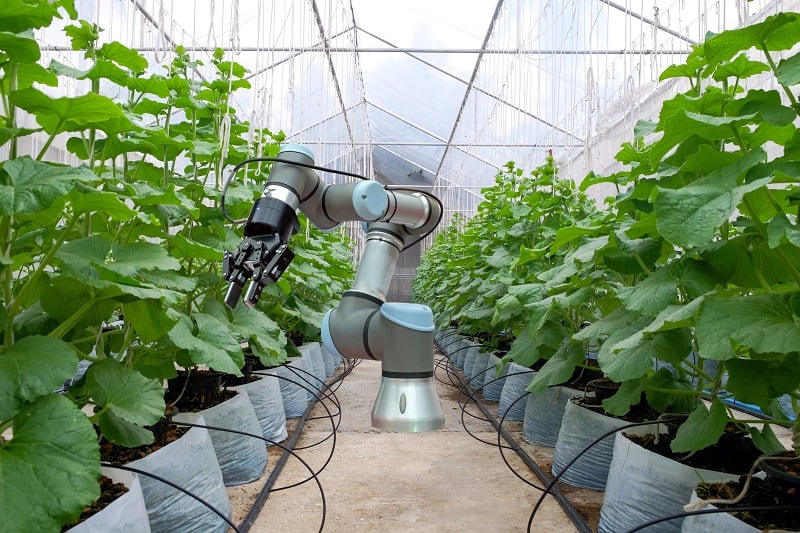Government regulation “could be coming” if food businesses in the UK fail to act on food waste, according to Ben Elliot, appointed the government’s Food Surplus and Waste Champion last year to help drive forward plans to cut food waste.
He told the Westminster Food & Nutrition Forum seminar on food waste reduction and new initiatives for reducing plastic packaging waste, held in central London, that he would recommend the government legislate on food reporting if there was no progress in the next two to three years.
“Some businesses are doing a really good job,” he said. “Big organisations like Tesco, Nestle and Unilver want to be transparent in what they do and to make sure food surplus goes to the people who need it.”
“I’m reassured the sector is committed, but there are some organisations that aren’t doing very much and they need to do something because there could be government legislation coming that says they’ve got to do something about it.”
Nearly 130 large organisations have signed up to the government’s pledge to reduce food waste by, among other things, setting an ambitious target to halve food waste by 2030 in line with UN Sustainable Development Goal 12.3, and adopting the WRAP and IGD Food Waste Reduction Roadmap to have half of all 250 of the of the UK’s largest food businesses measuring, reporting and acting on food waste by 2019.
But the current sign up “is not enough to meet those ambitious targets that we’ve set,” complained Elliot. “One of the main challenges is the lack of transparency around food surplus and food waste,” he said.
The government will consult later this year whether to introduce annual reporting of food surplus, which Eliot expects will drive action. “To be clear this isn’t a question of whether food business should report it’s a question of how,” he said.
He noted that the likes of South Korea and Scandinavian countries had reduced food waste more aggressively and dramatically than the UK thanks to a collective conversation. He added he would like to see greater awareness of which companies are performing well.
“If you are a retailer, a manufacturer, producer, distributor or play any role in the food value chain and would like to sign the pledge I’m very happy to speak to you – then I won’t have to stalk you,” he joked.
He also expected a greater awareness among the public to put pressure on companies.
“Food waste is one of the leading cause of greenhouse gas emissions and we would be number three – behind the US and China – in terms of emitters.
“I would love consumers to say I won’t eat at X, Y or Z because they don’t distribute their surplus food or because that organisation throws away this many tonnes of food.”
Innovation needed in the food waste sector
He lauded the efforts from companies such as Too Good To Go and Olio which are offering solutions for food businesses attempting to cut food waste. He also praised innovations from start-ups like Apeel Sciences and It’s Fresh, which are developing packaging and natural preservative solutions to cut food waste.
Apeel, for example, has developed a tasteless, odourless, edible coating made from plant materials that can double the shelf life of fruits and vegetables without refrigeration and avoid the use of plastic.
“The intensity of action from all parts of our food chain needs to radically increase,” added Elliot.
“I think we are moving to a place where huge parts of our society are going to demand this and if we don’t make those changes I would say you have to regulate. If we have not moved the dial in the next two or three years I would recommend that we legislate.”





